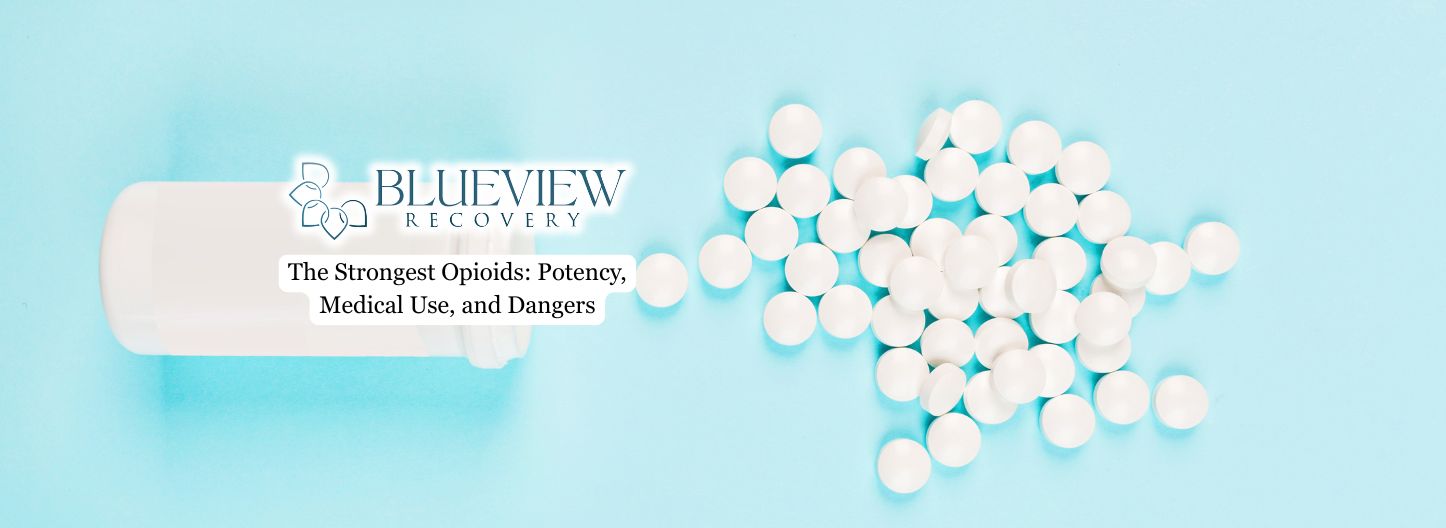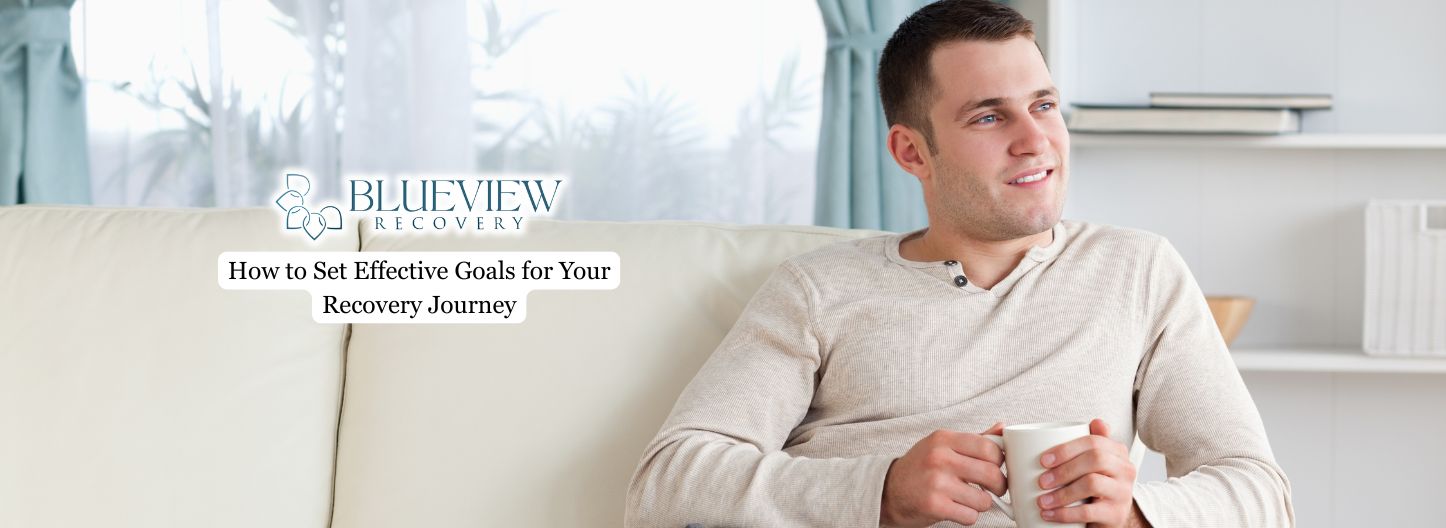Sleep plays a vital role in restoring both body and mind, but alcohol can interfere with its natural cycles. Many people assume a few drinks before bed will help them relax and drift off faster. While this may be true initially, alcohol disrupts the deeper stages of rest, especially REM sleep, leaving you feeling drained the next morning.
In this article, understanding this connection is important for making healthier choices and protecting long-term well-being.

The Role of REM Sleep in Restorative Rest
REM (Rapid Eye Movement) sleep is one of the most important stages of the sleep cycle. It plays a key role in memory consolidation, emotional regulation, and cognitive performance. During REM, the brain processes daily experiences, helping to reduce brain fog, while the body experiences muscle relaxation and vivid dreams. Without enough of this stage, people may notice difficulties with focus, irritability, and low energy. As time goes by, a lack of sufficient sleep can contribute to chronic fatigue and poor mental health outcomes.
Although adults typically cycle through several stages each night, alcohol significantly reduces the amount of time spent in this crucial period. This disruption not only weakens the body’s ability to repair itself but also feeds into patterns of misuse. The link between liquor use, poor REM quality, and dependence then becomes clear. Recognizing this connection shows how addiction develops and why seeking treatment for alcohol addiction can be an important step toward restoring healthy rest.
How Alcohol Affects Sleep Cycles
Alcohol acts as a sedative during the initial stages of rest, which is why many people feel drowsy after drinking. Falling asleep may happen more quickly, but this benefit is short-lived. As the body begins to metabolize liquor, its sedative effects wear off, causing disruptions later in the night. This breakdown shifts rest into lighter, less restorative stages.
Research shows that alcohol reduces REM sleep, forcing the body to substitute it with shallower cycles. Even if someone sleeps for seven or eight hours, the overall quality of that rest is compromised. These disruptions can cause multiple awakenings, fragmented sleep patterns, and difficulty returning to deep rest. This irregularity then contributes to daytime fatigue and reduced alertness.
Why You Wake Up Tired After Drinking
The primary reason it leaves you feeling tired is its suppression of REM sleep. Without enough time in this stage, the brain misses the opportunity to restore cognitive and emotional function fully. The result is grogginess, lack of concentration, and irritability the following day.
Alcohol also influences other factors that interfere with rest. It relaxes the muscles in the throat, which can increase snoring or worsen sleep apnea. It also disrupts the body’s natural circadian rhythm, leading to more frequent awakenings and lighter sleep. These combined effects mean that even when you spend a full night in bed, you wake feeling unrested.

Long-Term Effects of Alcohol on Sleep Health
Occasional drinking before bed may cause temporary tiredness, but long-term liquor use can result in more serious consequences. Repeated suppression of REM sleep is linked to memory problems, mood instability, and difficulty with decision-making. Consistently poor sleep increases stress levels, weakens the immune system, and can worsen underlying health conditions.
For individuals already dealing with insomnia or circadian rhythm disorders, it can worsen symptoms and delay recovery. Dependence on liquor to initiate napping can also create a harmful cycle, where more drinking is needed to achieve rest, further disrupting natural patterns. Over months or years, this ongoing interference not only undermines sleep quality but can also increase the risk of developing alcohol use disorder.
Breaking the Cycle: Healthier Sleep Habits
Improving sleep quality often begins with reducing or eliminating alcohol in the hours leading up to bedtime. Choosing healthier alternatives, such as herbal tea or calming evening routines, can promote more natural relaxation. Going to bed at a consistent time, limiting screen exposure before going to bed, and keeping the bedroom cool and quiet all encourage deeper rest.
For people who struggle to cut back on alcohol, professional guidance may be necessary. Addressing the reasons behind drinking, whether stress, habit, or dependency, can open the door to healthier patterns. Therapy, counseling, or treatment programs can provide tools to manage stress and build coping strategies that support long-term wellness.
Final Thoughts from Blueview Recovery
Alcohol may make falling asleep easier at first, but it disrupts REM sleep and leaves people waking up tired and unrefreshed. This cycle can harm memory, mood, and long-term health. Recognizing the connection between liquor use and poor-quality rest is an important step toward creating healthier routines and protecting overall well-being.
At Blueview Recovery, we understand the toll that drinking can take on sleep and daily functioning. Our team of alcohol addiction specialists in Philadelphia, PA, provides comprehensive care for individuals seeking to reduce liquor use and restore balance. Through evidence-based treatment and personalized support, we help people rebuild healthy sleep patterns, strengthen recovery, and lay the foundation for lasting wellness.





